This post is part of the series Race for the Senate 2018.
 If there is a path for the Democrats to take control of the U.S. Senate it runs through Nevada, where the party will need to unseat Republican Senator Dean Heller. Heller, who was first appointed to the Senate in 2011, narrowly defeated scandal-plagued Democrat Shelley Berkley in 2012 even as President Obama carried the Silver State by more than six points.
If there is a path for the Democrats to take control of the U.S. Senate it runs through Nevada, where the party will need to unseat Republican Senator Dean Heller. Heller, who was first appointed to the Senate in 2011, narrowly defeated scandal-plagued Democrat Shelley Berkley in 2012 even as President Obama carried the Silver State by more than six points.
Six years later Heller is the only Republican senator running in a state carried by Hillary Clinton. He is being challenged by first-term House member Jacky Rosen. Rosen’s rapid rise from first-time candidate in 2016 to the party’s choice in one of the cycle’s most watched races is being aided by the not-so-gentle hand of retired U.S. Senator Harry Reid. Reid played a similar role in 2016 clearing a path for his successor, Catherine Cortez Masto, the first Latina elected to the U.S. Senate.
The Heller/Rosen match-up features candidates with contrasting strengths and weaknesses. Unlike Heller who has held elective office for decades, Rosen does not carry the baggage of a long voting record, a string of policy recalibrations, or a history of inopportune comments. In this regard, Rosen is a generic Democrat—a safe bet in an environment where the generic Democrat is poised to do well.
Rosen also lacks Heller’s name recognition and experience, an advantage that the Heller campaign is exploiting by using much of its messaging to define Rosen statewide by, for instance, claiming that Rosen misrepresented her educational and small-business credentials or that she should not be promoted to the Senate given her thin record. But far and away Heller’s primary line of attack, and one echoed by GOP groups spending in the state, is that Rosen is a Hillary Clinton-loving, Nancy Pelosi minion who is conspiring with liberal Californians to impose unregulated immigration, high taxes, and Hollywood values on Nevada. I kid you not.
Although fear of the Californication of Nevada has been a favorite chestnut of Nevada conservatives for decades, the current round of Cali-bashing generated a string of op-eds from some of the state’s media outlets noting how dependent Nevada is on California—for population growth, visitors to pay the state’s bills, and markets for the state’s growing production of renewable energy. Nevada also offers California companies such as Apple and Tesla hundreds of millions of dollars in tax abatements to induce investments aimed at diversifying the state’s narrow economy.
For her part, Rosen presents herself as an earnest problem solver who works across the aisle and uses her life experiences (e.g., working her way through school as a waitress, caring for ailing parents, running a small business) to try to connect with voters. The centerpiece of her campaign is health care. Nevada was a major beneficiary of the Affordable Care Act (ACA) and Governor Brian Sandoval was the first Republican to accept the legislation’s Medicaid expansion provision. The issue also highlights one of Heller’s biggest weaknesses, his propensity to shift with the political winds, a predilection that extends to immigration (another salient issue in the state) and President Trump.
After spending the 2016 election cycle opposing Trump’s candidacy and then getting the cold shoulder from the President, Heller is now all in—a turnabout that began with a well-documented change of heart on Republican efforts to repeal the ACA. Since Heller joined Team Trump, the president held a rally and fundraiser for Heller, and he returned for a second rally in Elko on October 20th.
Indeed, the fact that Trump’s second Nevada campaign event was held in a town of 20,000 in the northeastern corner of the state, far away from the state’s diverse population center in Clark County where nearly three out of four Nevadans live, is a telling indicator of the growing divergence between the parties’ geographic and demographic bases of support.
Voters in Nevada’s rural counties are strongly Republican and turn out at a rate above population share. As a consequence, while Nevada is majority minority and the Democrats maintain a registration advantage (currently 70,000 among active voters), the state’s electorate is whiter and more Republican, owning to lower turnout among minorities concentrated in the Las Vegas metropolitan region.
The most important number in Nevada politics is Clark County’s share of the statewide electorate. In 2016, Clark constituted 68 percent of the electorate and the Democrats won the state’s electoral votes, the U.S. Senate, the state’s two competitive House districts, regained their majorities in the statehouse, and passed initiatives legalizing recreational marijuana and background checks on private gun purchases.
Two years prior, with no U.S. Senate race and an uncompetitive gubernatorial contest, turnout in Clark dropped precipitously, particularly among Latinos dispirited by the failure of comprehensive immigration reform. Clark constituted just 61 percent of the electorate. The GOP took all six constitutional offices, flipped both chambers of the Nevada Legislature, and were victorious in the majority minority 4th House district.
Thus, to win, Rosen needs to minimize drop-off in the core urban precincts that delivered Clinton and Cortez Masto’s margins of victory in 2016 and hope for softening of Republican support in the outer suburbs, a task that is more challenging in Nevada given the state’s low share of college graduates. If Rosen pulls it off though, it will be back-to-back elections where U.S. Senators were elected while receiving a majority of the vote in a single county—a blue metro imposing its preferences on an otherwise red state.
The Brookings Institution is committed to quality, independence, and impact.
We are supported by a diverse array of funders. In line with our values and policies, each Brookings publication represents the sole views of its author(s).

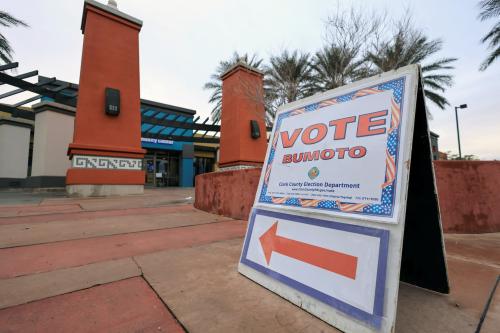
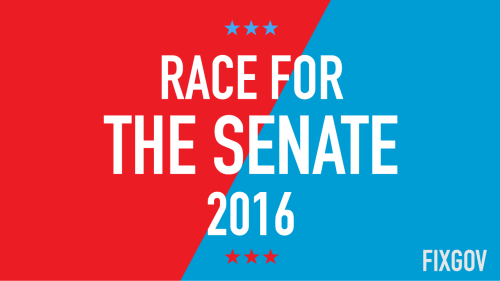
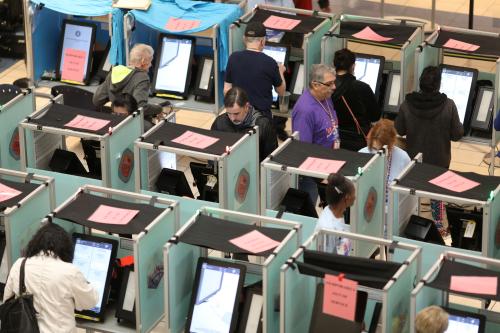

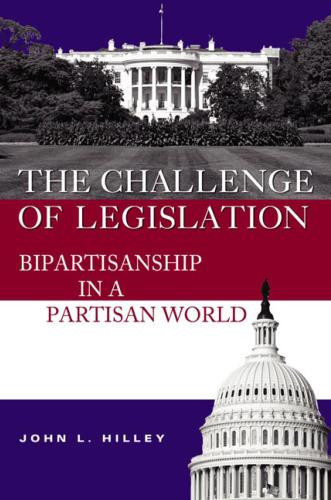

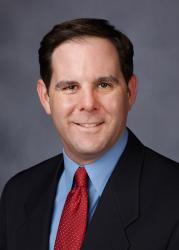

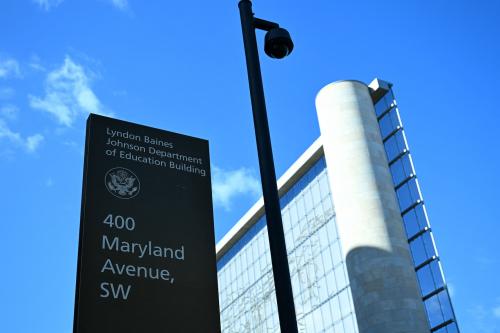

Commentary
Race for the Senate 2018: Key issues in Nevada
October 30, 2018